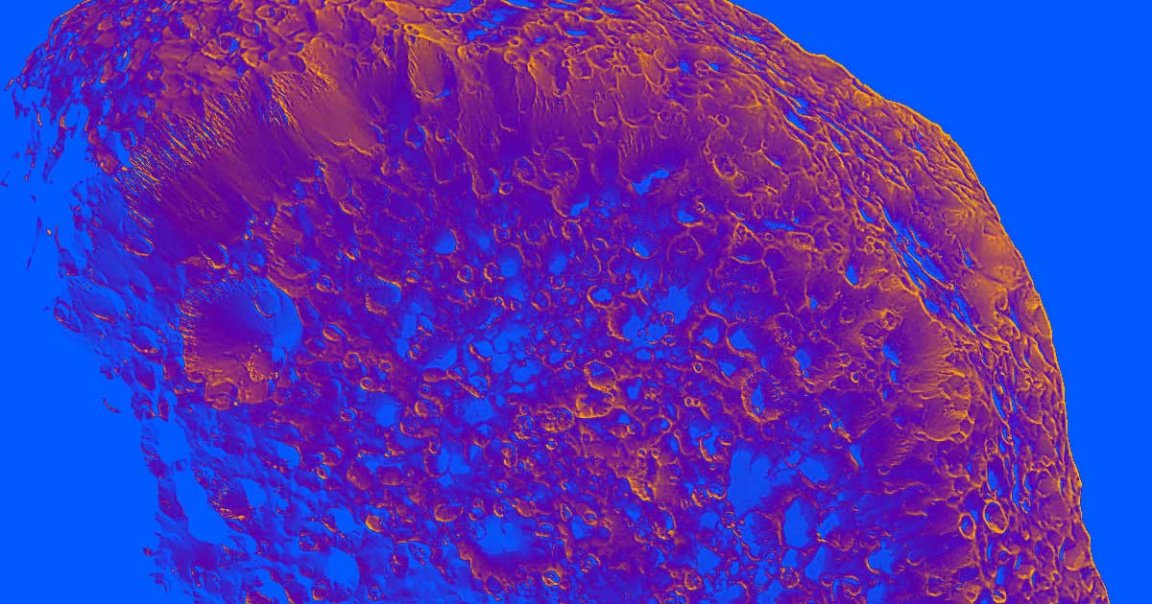
Raining Down
A team of scientists says it’s found sugar molecules — crucial to the development of life on Earth — in two different fallen meteorites.
The discovery suggests that meteor impacts may have delivered the sugars to Earth, per a NASA press release. One of the sugars is the RNA component ribose, a key biological building block, and the discovery that it may have come from space complicates our understanding of how life emerged.
Eliminating Alternatives
The scientists, who hail from NASA and a trio of Japanese universities, took extra steps to make sure they didn’t just contaminate their samples. But the carbon atoms found in the meteorites’ sugar molecules were different from those generally found on Earth, according to the research, which was published Monday in the journal PNAS.
The team hopes to double check by searching for ribose in pristine samples from space rocks, like those taken from the asteroid Ryugu that are currently en route to Earth.
Genetic Precursor
The scientists didn’t find the sugars that make up DNA, but ribose is a key component to RNA, which may have developed first in evolutionary history.
“The research provides the first direct evidence of ribose in space and the delivery of the sugar to Earth,” lead researcher Yoshihiro Furukawa of Tohoku University said in the NASA release. “The extraterrestrial sugar might have contributed to the formation of RNA on the prebiotic Earth which possibly led to the origin of life.”
READ MORE: First Detection of Sugars in Meteorites Gives Clues to Origin of Life [NASA]
More on space rocks: Watch a Japanese Spacecraft Grab Rock Samples From Tiny Asteroid